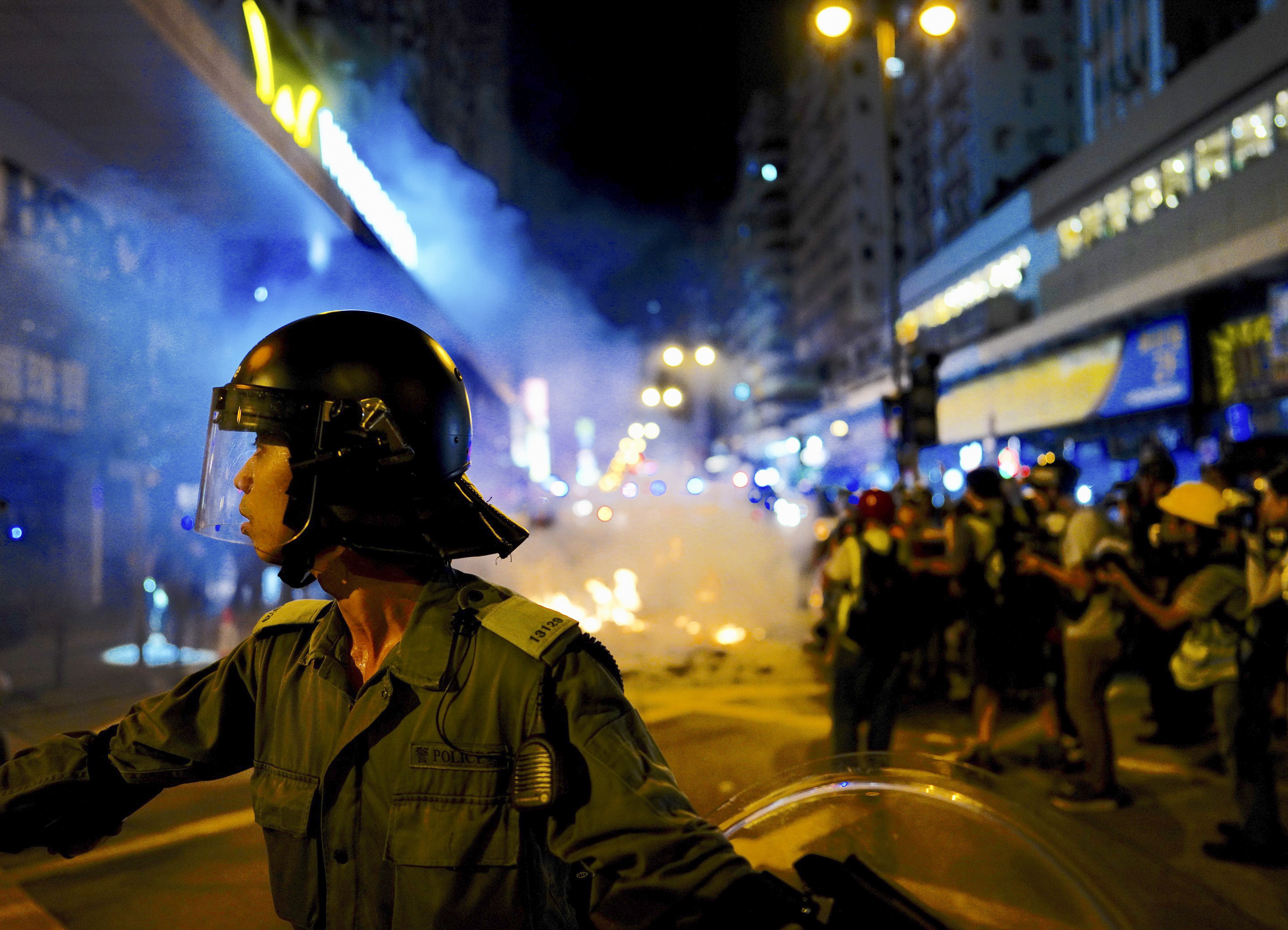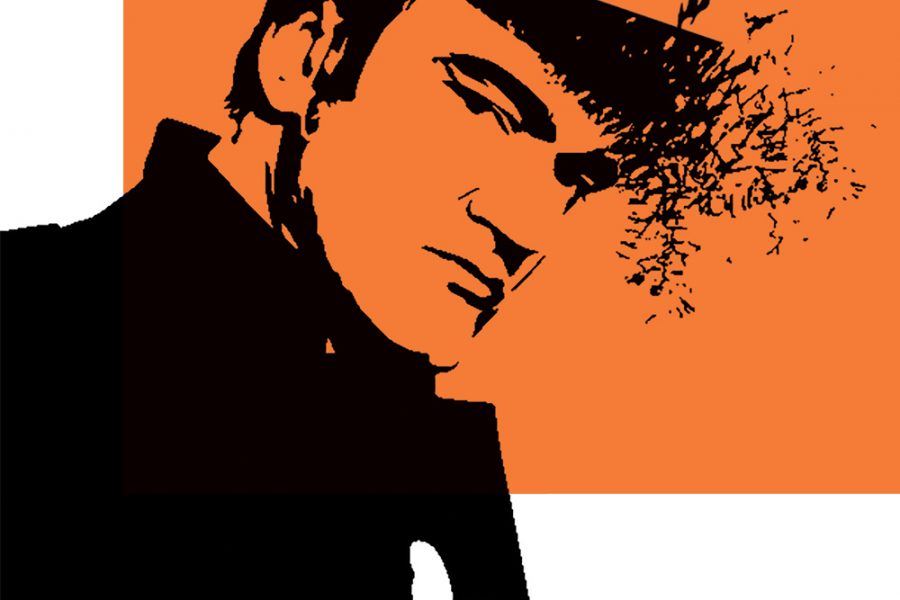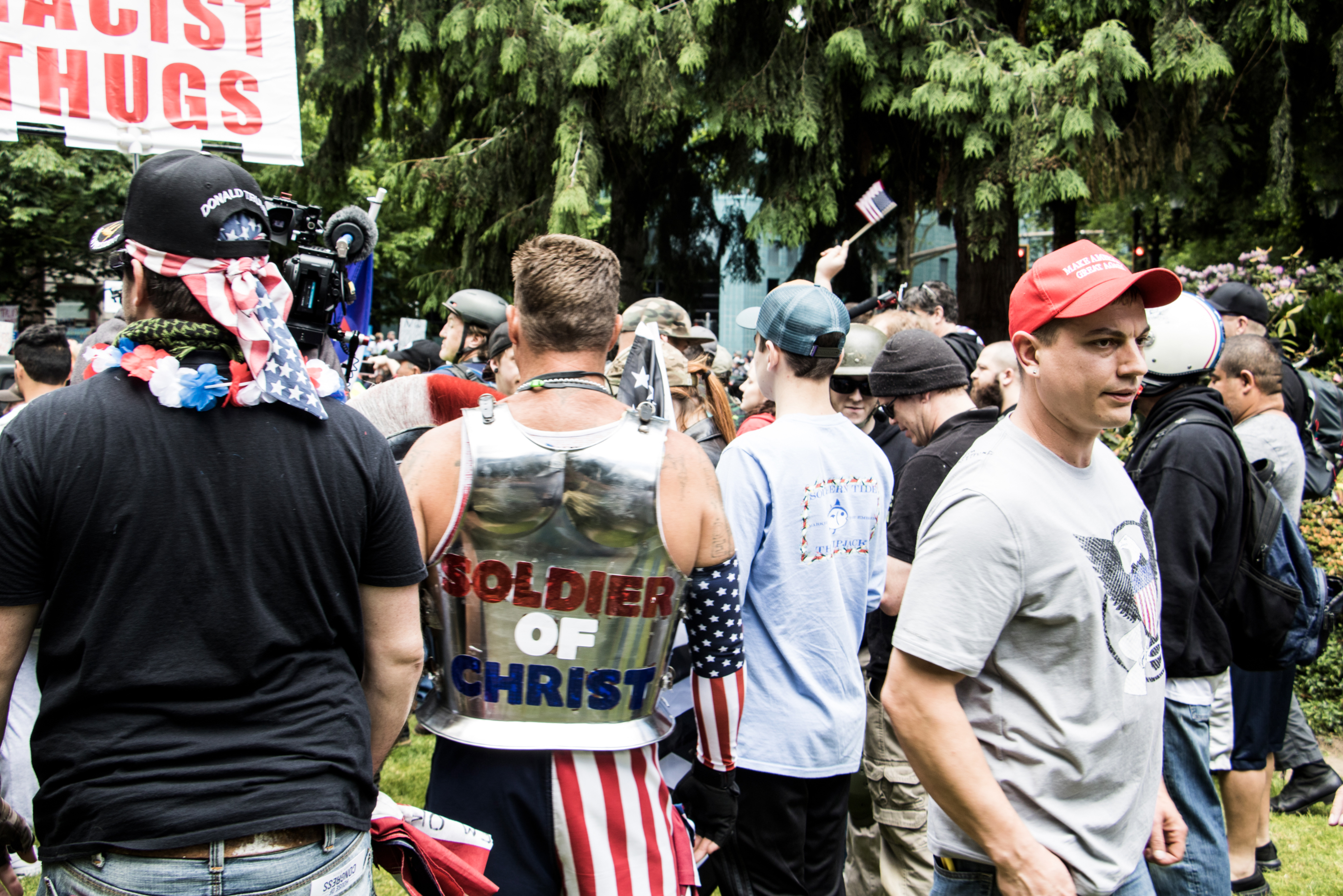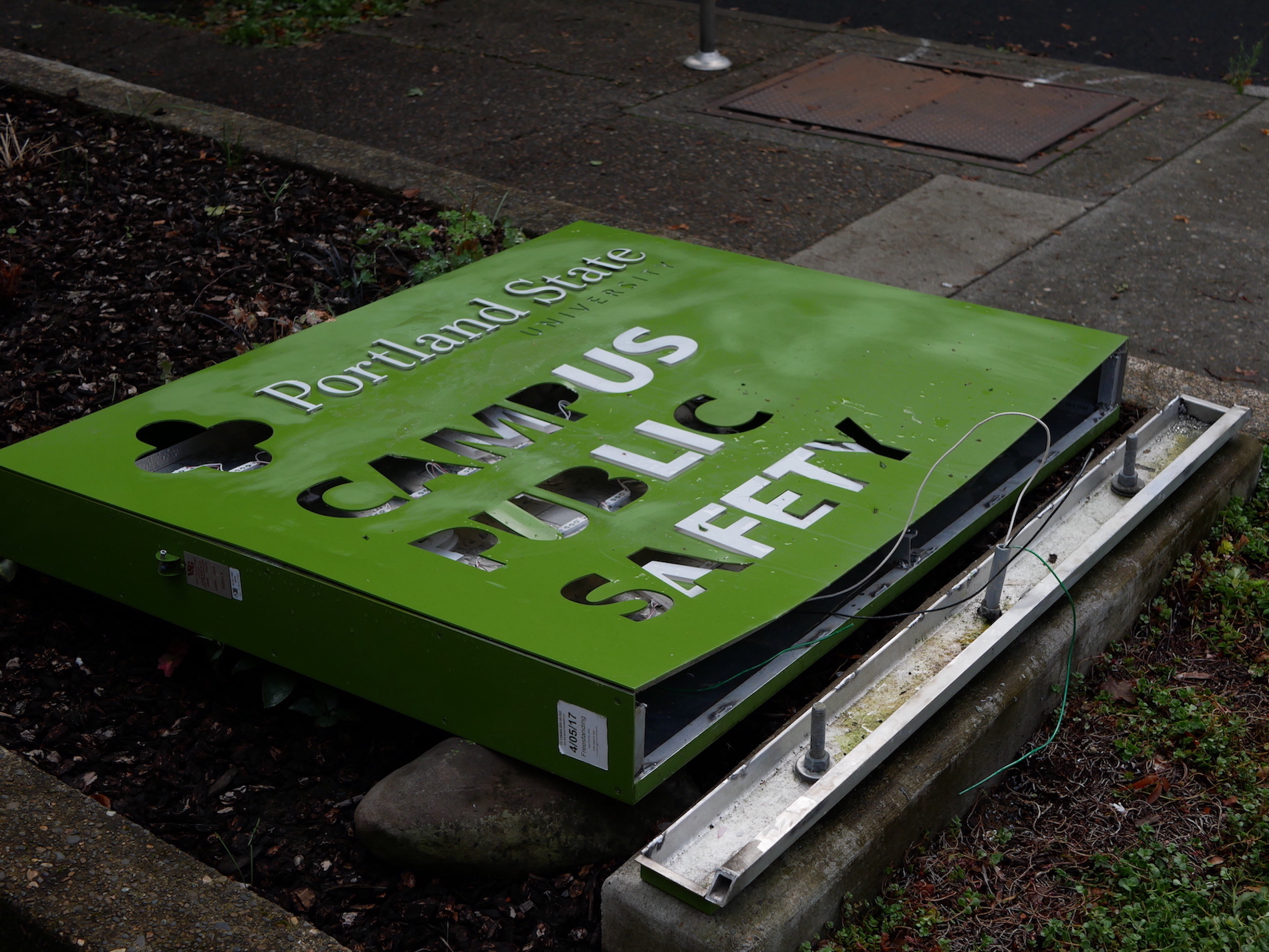Protesters say they will continue
The Hong Kong extradition bill that sparked months of increasingly violent protests has officially been withdrawn by Chief Executive Carrie Lam.
Although the bill was suspended in June, protesters’ main demand was that it be withdrawn completely. Suspended, the bill may be resumed at any point, but being withdrawn means the legislative process must completely restart, according to The New York Times.
“We must find ways to address the discontent in society and look for solutions,” Lam said in a video statement on Sept. 4, according to CNN. “After more than two months of social unrest, it is obvious to many that this discontentment extends far beyond the bill.”
Instead of responding with peace talks, CNN reported protesters responded to the bill’s withdrawal with frustration, as Lam announced she would not concede to any of the other four demands.
“The movement has evolved into a movement that fights for autonomy, democracy and also preserving our way of life and restricting the excessive power of the police,” pro-democracy activist Nathan Law told BBC. “So I think the protest will continue based on that.”
The five central demands made by the protesters are the withdrawal of the extradition bill, Lam’s resignation as chief executive, the opening of a formal investigation into police brutality that emerged during the protests, the release of any protesters who were arrested and an increase in overall democratic freedoms, including the direct election of all lawmakers, as well as the Chief Executive.
In a recording that was leaked to Reuters on Sept. 2, Lam said she would resign from her position as Hong Kong’s Chief Executive if she was given the choice due to the “unforgivable havoc” created by the protests during her term in office. “If I have a choice, the first thing is to quit, having made a deep apology,” said Lam to a group of businesspeople in the recording. “We were not sensitive enough to feel and grasp [the] huge degree of fear and anxiety amongst people of Hong Kong vis-à-vis the mainland of China.”
Despite the leaked recording, Lam is still publicly refusing to step down and is receiving heavy criticisms from both sides for failing to end the violence earlier. “That it took [Lam] three months to formally use the word ‘withdraw’ is truly too little, too late,” pro-democracy lawmaker Claudia Mo told The New York Times. “A big mistake has been made.”
Hong Kong and mainland China’s political representatives are at odds over how to best deal with the protests. “On matters of principle, not an inch will be yielded, but on matters of tactics there can be flexibility,” China’s leader, Xi Jinping said in a public statement, according to The New York Times. Pro-Beijing officials in Hong Kong support Jinping’s stance that the government should hold firm and not give in to any of the protesters’ demands. Others, however, believe the government should compromise.
It remains to be seen if the protests will continue on their increasingly violent path or if they will be settled by the withdrawal of the extradition bill, but many say they will continue to protest until all five demands are met.






